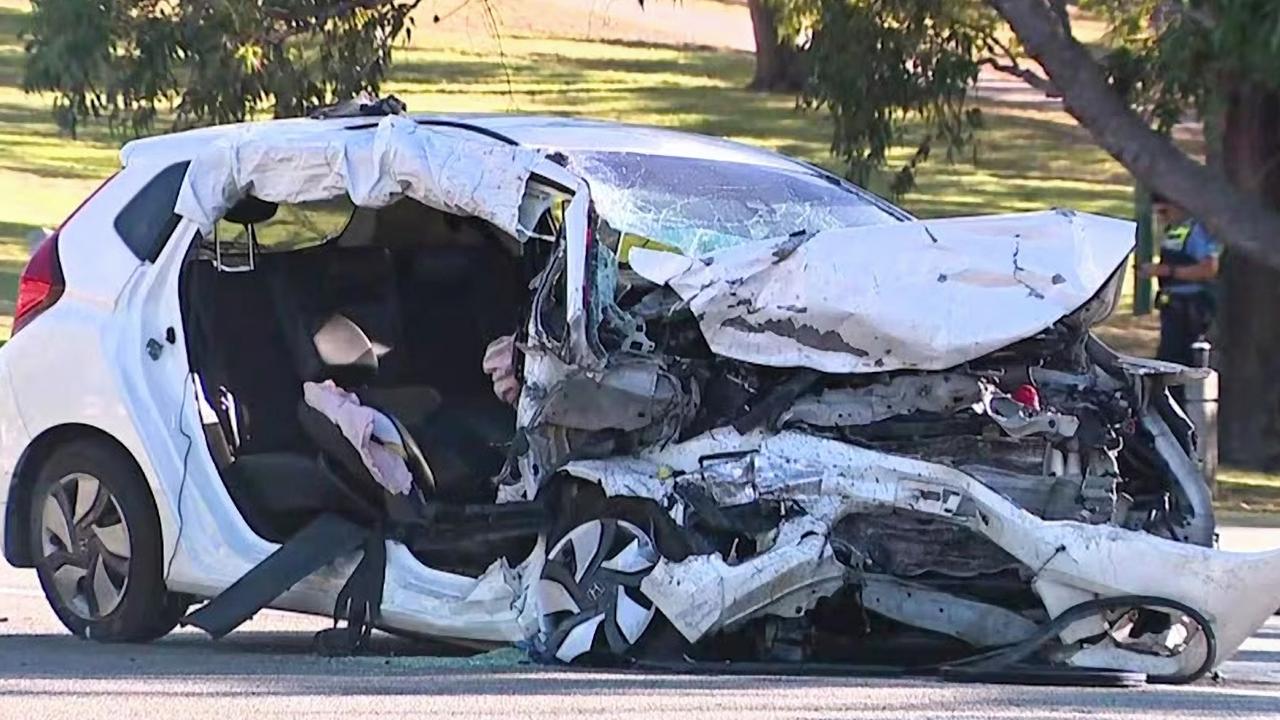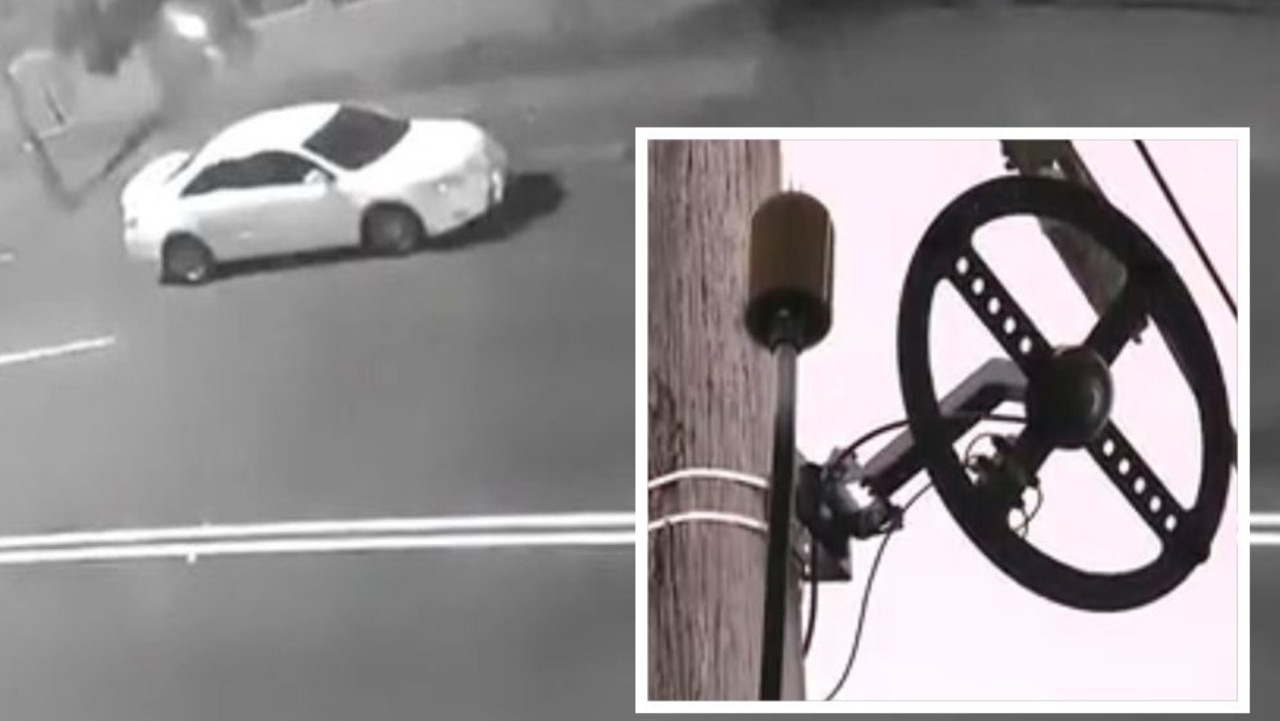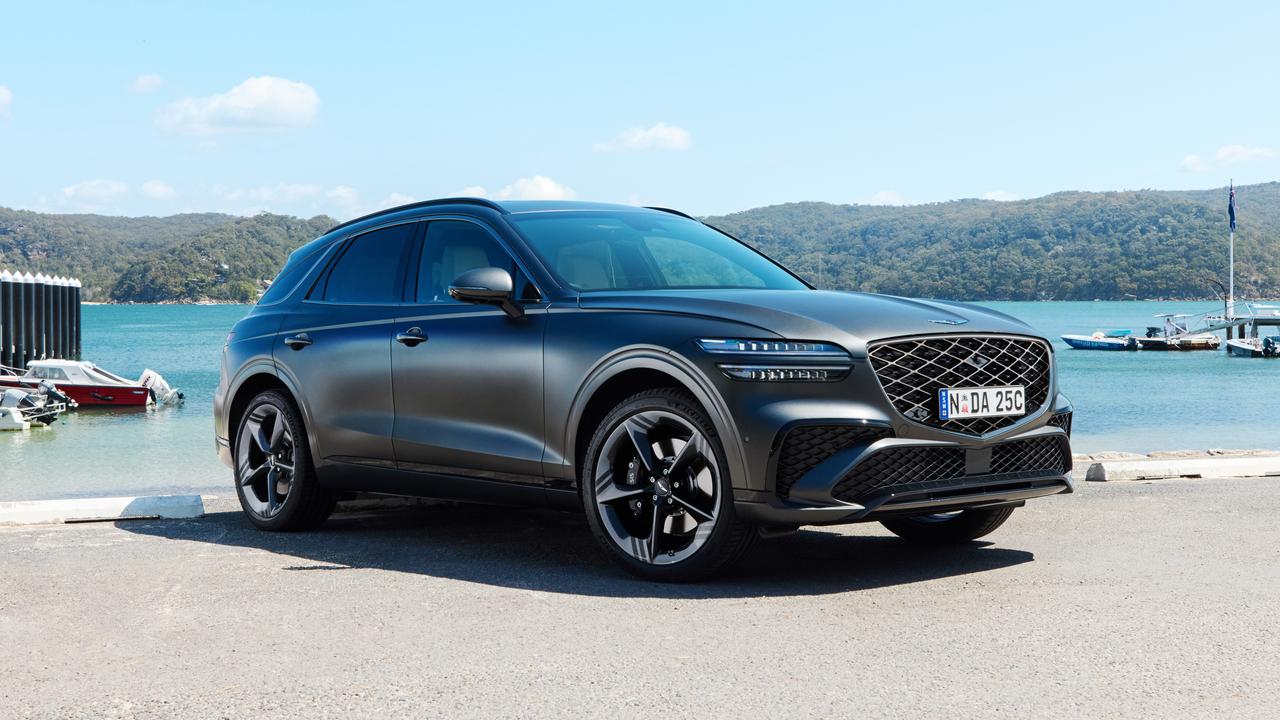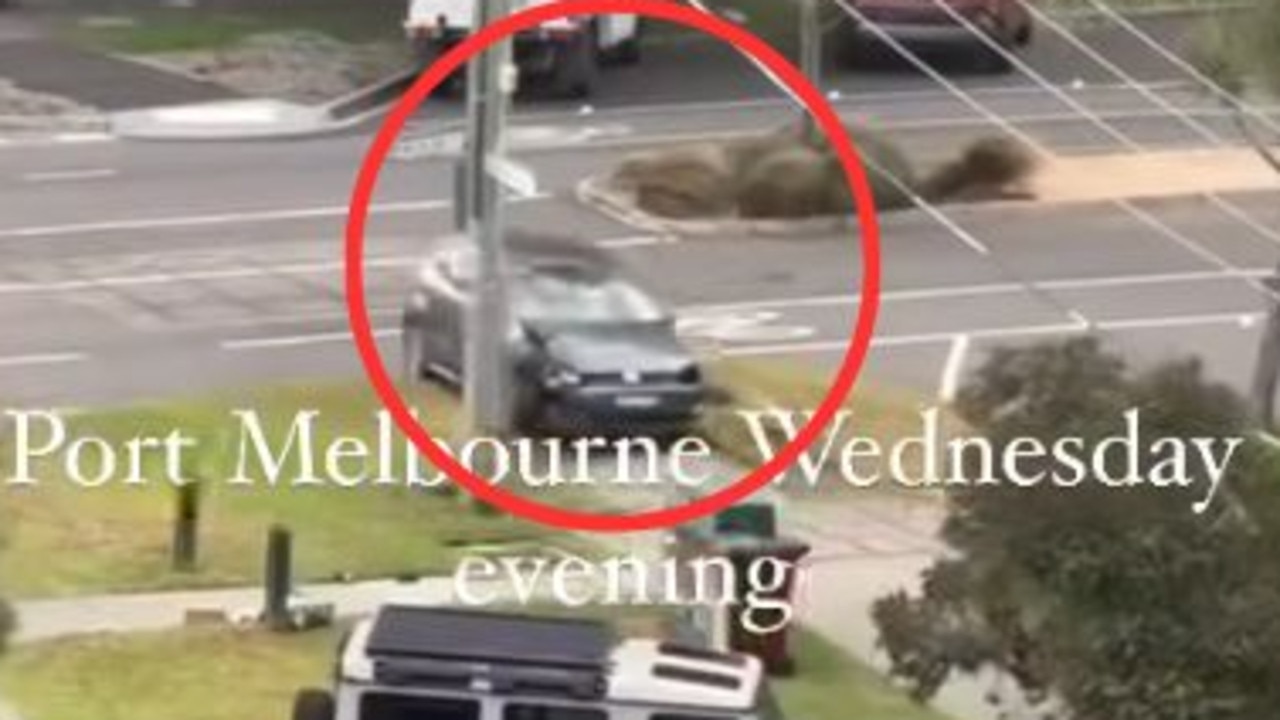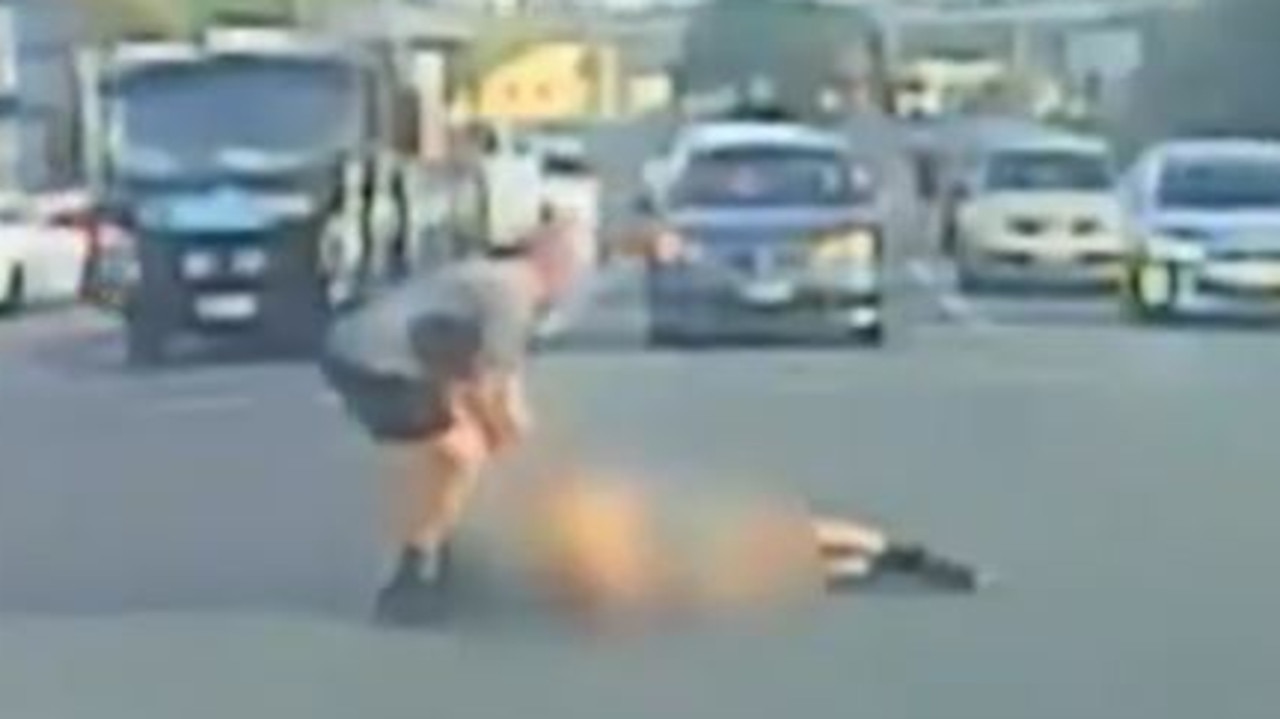‘Woke utopia’: Plan to tax giant utes slammed
A push to tax giant utes and SUVs off city roads has been slammed as a “woke” money grab and a “horrendous” idea.
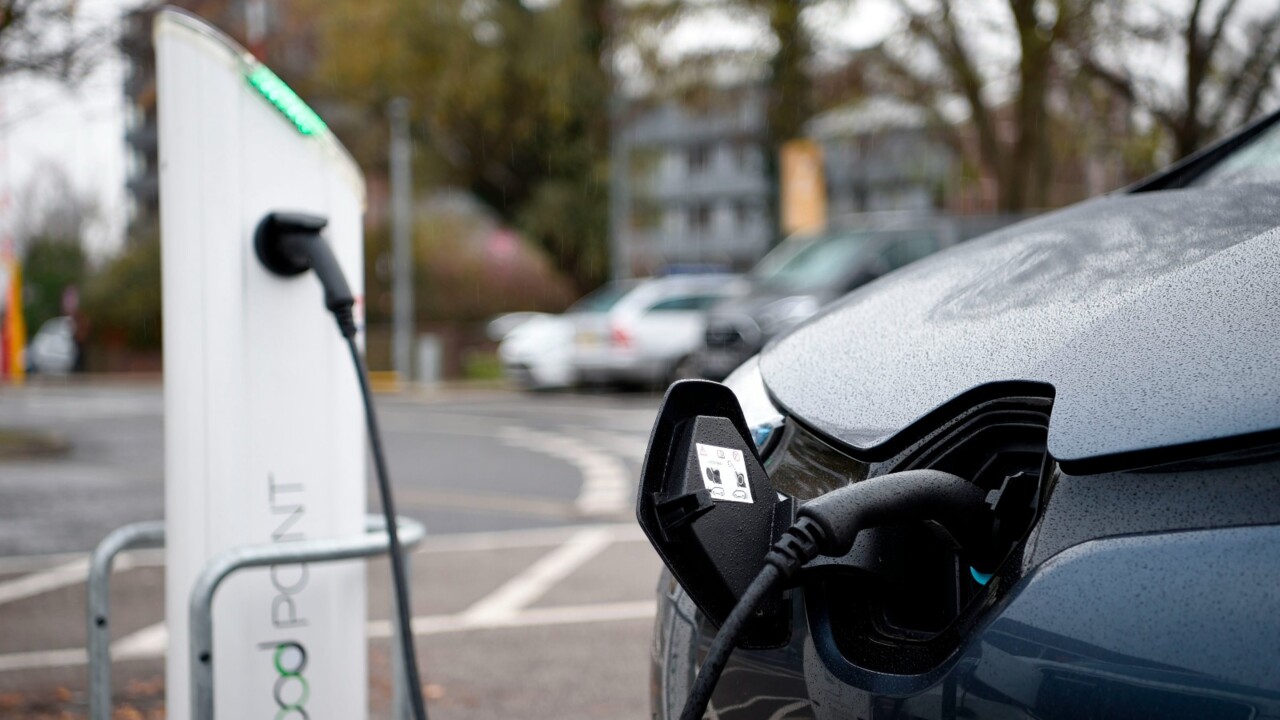
On the Road
Don't miss out on the headlines from On the Road. Followed categories will be added to My News.
A push to charge higher parking fees in a bid to drive large American-style utes and SUVs off city roads has been slammed as a “woke” money grab and a “horrendous” idea that would hurt working families.
But the Sydney YIMBY lobby group has backed the proposal, saying it would “make people think twice” about whether they have a “genuine reason” for owning such a large vehicle in the city.
Councils in Melbourne and Sydney have expressed interest in implementing a Paris-style parking tax on super-sized SUVs and pick-up trucks like the Ford F-150, RAM 1500 and Land Rover Defender, which have exploded in popularity in Australia in recent years but sparked backlash from some motorists who say the vehicles are clogging roads and parking spaces not designed for them.
On Tuesday, Yarra City Council in Melbourne will vote on a motion by Greens councillor Sophie Wade to investigate “ways to make travelling on Yarra’s streets more equitable and discourage large and heavy vehicles on Yarra’s streets, including by considering proportionate parking fees based on a vehicle’s size”.
“Kids are eight times more likely to die when hit by a SUV compared to a normal passenger car,” the motion says.
“Larger cars are more polluting and have a greater climate impact. If SUVs were a country, they would rank as the sixth most polluting in the world.”
In response, the NSW Greens have backed measures to tackle the “ridiculous” size of SUVs, with Randwick Mayor Philipa Veitch telling The Sydney Morning Herald she was open to all options to discourage oversized SUVs which “are clogging up our roads and are a menace for pedestrians and cyclists”.
But Cumberland City Councillor Steve Christou had defended the large vehicles, which he said were “very popular out our way in the western suburbs”.
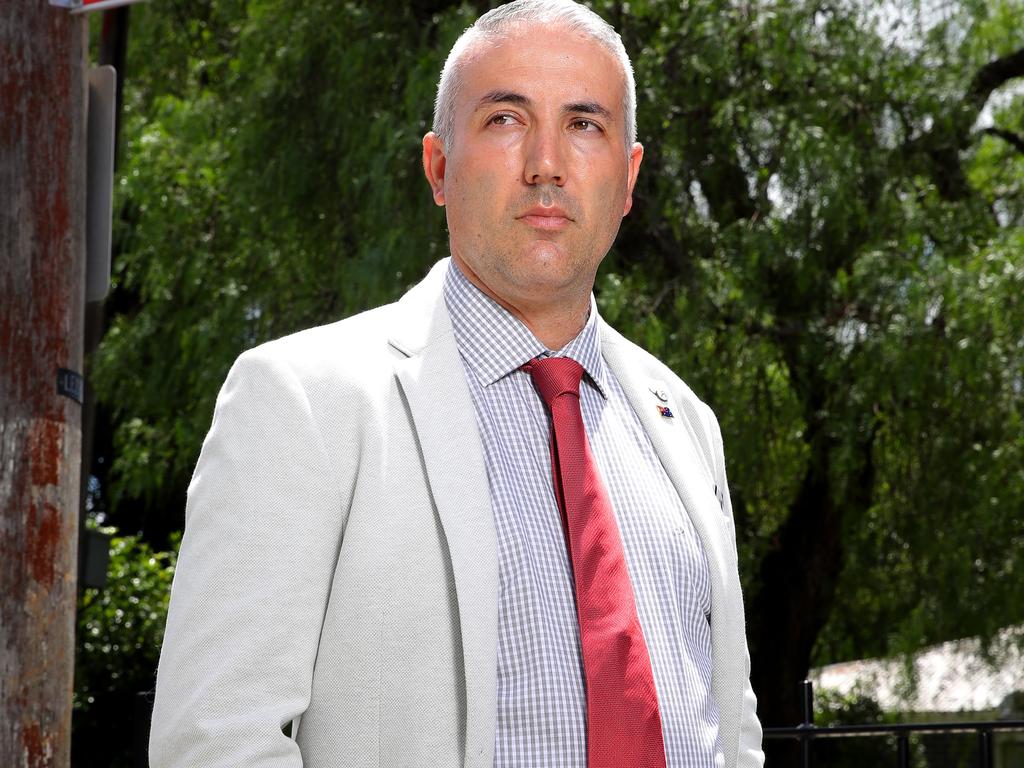
“Trying to tax large SUVs and work vehicles is a horrendous idea in a cost-of-living crisis where tradespeople, small business owners and the rest of the population is struggling to pay mortgage bills and put food on the table to feed their children,” he told news.com.au on Monday.
“You’re taking away people’s livelihoods by charging higher fees and taxes and parking rates. All of this scare campaign about climate catastrophe... the reality is banning these utes is not going to solve any issue whatsoever other than to make the Greens climate catastrophists happy.”
The former Cumberland Mayor said he acknowledged that the vehicles were large but and “we need to cater to these vehicles when we create parking spaces”.
Standards Australia proposed increasing the length of off-street parking spaces by 20 centimetres, from 5.4 metres to 5.6 metres, last year to fit Australia’s increasingly bigger cars.
“The reality they do serve a purpose for tradies and people that use them to run their business or use them on construction sites,” Cr Christou said.
“Admitting some people just drive them for recreational purposes, you cannot escape the fact they are primarily used to commute to work. The reality is a lot of the tradespeople and subcontractors are based in western Sydney.”
Seven or eight-seater SUVs were also “very popular” people-movers for large families, he said, as the sedan rapidly disappears from Australia’s roads.
“Life has changed, technology and people have evolved,” Cr Christou said.
“The days of just sticking to the small car have finished and we need to move with the times. I don’t buy into the fact these SUVs or dual-cab utes need to be taxed heavily, you’re just hurting people, families and jobs.”
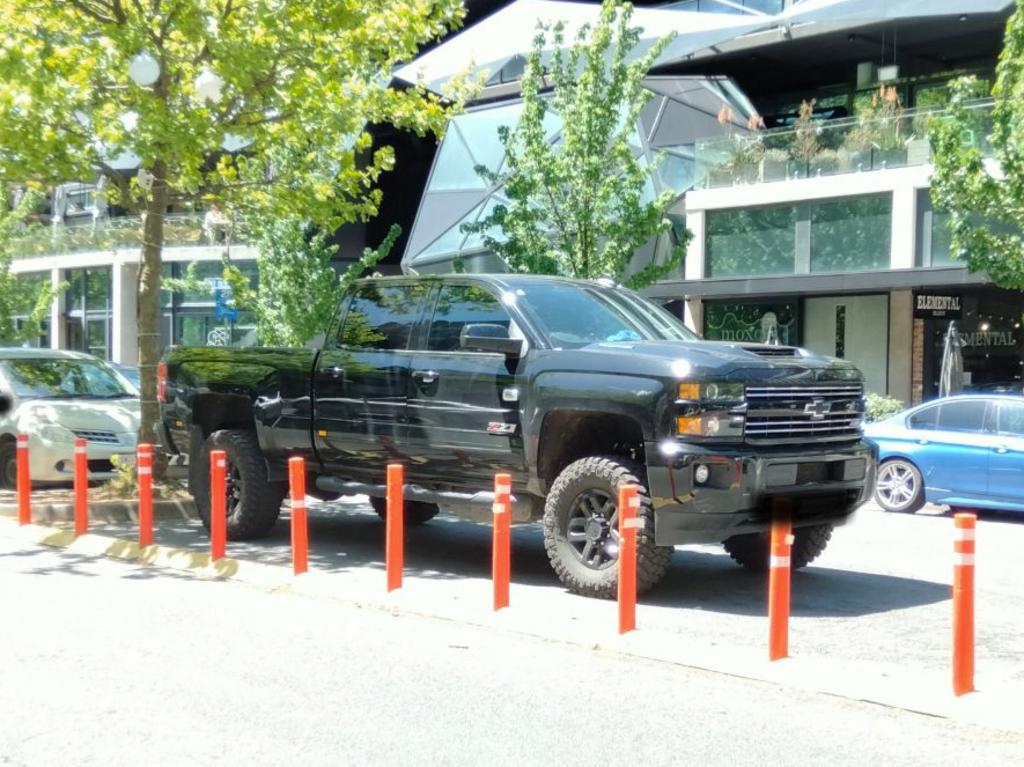
Last month, Parisians voted to triple the cost of parking for SUVs compared to standard-sized cars, from €6 ($9.90) an hour in the city centre to €18 ($29.70).
The price increases, backed by 54.6 per cent of residents, will apply to vehicles with combustion or hybrid engines weighing more than 1.6 tonnes and electric vehicles weighing more than two tonnes.
Paul Maric, co-founder of CarExpert.com.au, said Australian councils were “just trying for a money grab here”.
“They’re going for what I call woke-topia, this woke utopia where no one drives anywhere, everyone’s on bicycles or driving around in tiny electric vehicles,” he said.
“That’s what some Greens Senator might want, but in reality, though, people are driving SUVs and dual-cab utes, they’re the best-selling cars in the country, and they want to increase costs on them just to meet some target.”
Erin Riley, deputy chair of Sydney YIMBY, said the “overarching belief is that cities are for people and that we need to design cities that are good places for people to live”.
“We know the really huge cars and trucks, when people are involved in accidents they’re more likely to be seriously hurt and killed, we know they do more damage to infrastructure and take up more public and shared space,” she said.
“So generally we support policies that would make people think twice about whether they need a vehicle that large, particularly in cities.”
Maric earlier this year decided to see what all the fuss was about, saying that he spent a month driving a “huge American pick-up truck” — a 2024 Ford F-150 Lariat long wheelbase — and “loved it”.
“What I found most fascinating was how upset some people got at the thought of the vehicle existing and being around them, along with the assumption that the person driving it is driving it because they want to annoy other drivers on the road,” he wrote in his review.
“The glares from onlookers were paired with one older Tesla-driving bloke asking, ‘Do you really need to be driving that thing? Do you know how much damage that does to the roads?’, as if I needed a signed permission slip from him to pick the car I wanted to drive.”
The “irony” of the parking fee proposal, Maric told news.com.au, was that the roads in Yarra Council were “full of potholes and poorly maintained” — a situation that would only be made worse by a greater number of heavy electric vehicles.
“Some EVs weigh three tonnes,” he said.
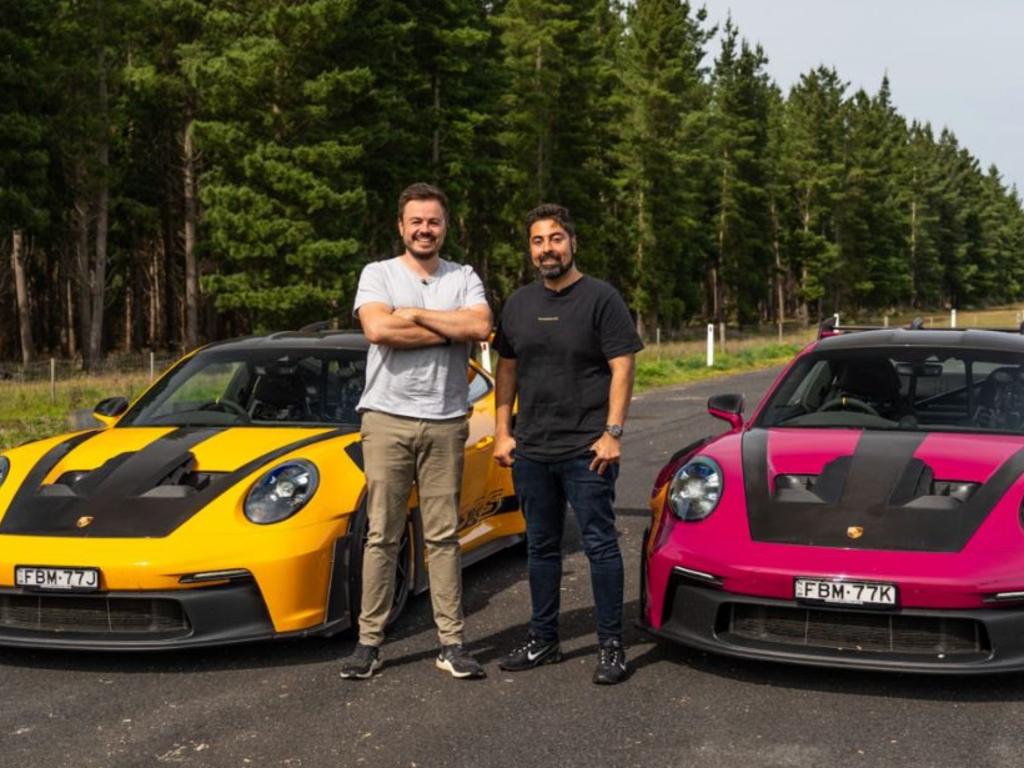
He said the push to tax large utes was “the most idiotic thing in the world and it’s going to continue until people say enough’s enough”.
“Councils are paid for by their ratepayers and the majority of them are [driving these kinds of cars],” he said. “Guess what, you’re making decisions that aren’t in the best interests of the people paying your bills.”
He suggested different rules in different council areas would result in “craziness as you’re driving between zones, thinking about where you’re going to be double-charged”.
“It’s incredibly hard to manage,” he said.
“Even in Europe, they have to have different registration systems to help parking inspectors identify these vehicles. It’s incredibly confusing for the average consumer because ultimately it is just a money grab — it’s not going to stop people buying these cars, and it’s just going to add to the cost of living.”
NSW Greens transport spokeswoman Cate Faehrmann told The Sydney Morning Herald on Saturday that she backed measures to discourage large vehicles, including higher parking fees, as long as people who genuinely need them for work were not penalised.
“One option could be for charges to be based on postcode, given many western Sydney residents have no choice but to drive because of the lack of public transport services,” she said.
But rolling out such a system would likely be incredibly complex and expensive.
“Implementing a policy of this nature would be challenging and problematic from an infrastructure and charging point of view,” NRMA spokesman Peter Khoury said.
“There are more direct and effective ways to reduce carbon emissions.”
Ms Riley, however, argued a state-wide or city-wide approach may be more realistic rather than council-by-council.
“Perhaps as part of the registration process,” she said. “We already have tolls for different types of vehicles, we know and we differentiate based on the vehicle type. I think doing it at a council level could potentially be more challenging.”
City-wide, for example, she suggested “if you have a metropolitan address and you don’t have a genuine reason for having a car like that, there’s a lot that can be done”.
“Yes you’ve got tradies, but you don’t need an F-150 style [truck],” Ms Riley said. “The HiLux has done the job for generations.”
Originally published as ‘Woke utopia’: Plan to tax giant utes slammed




